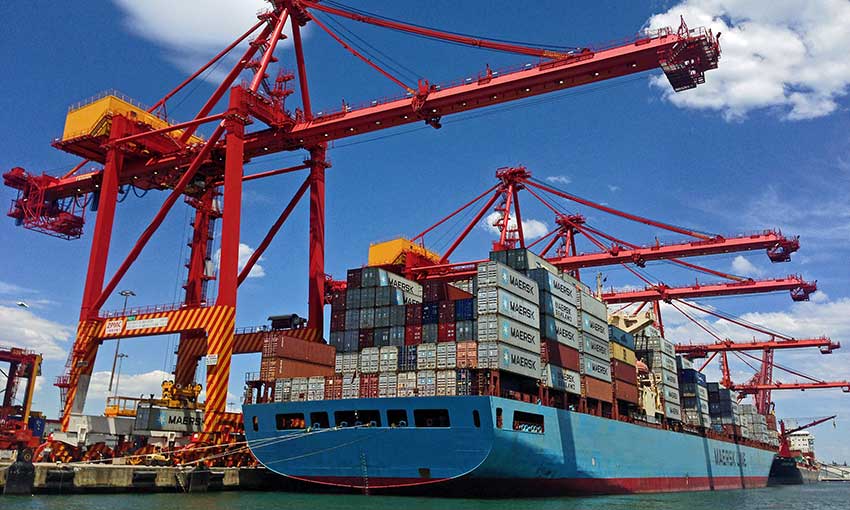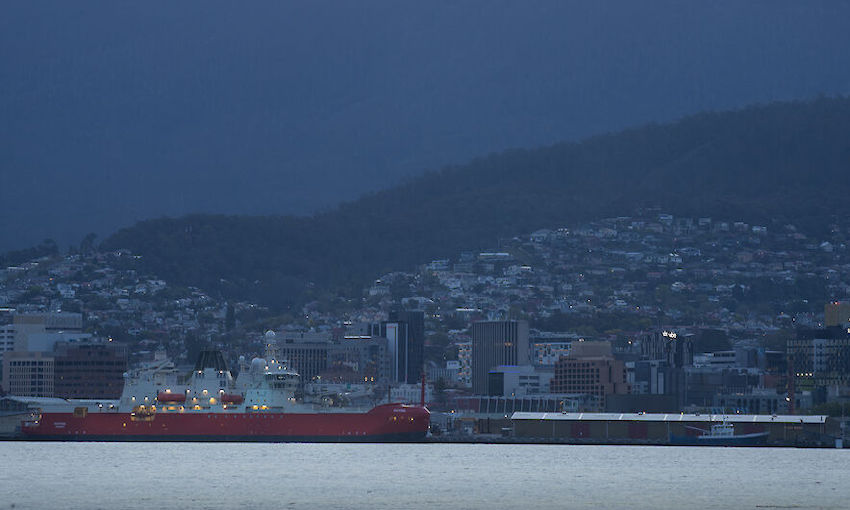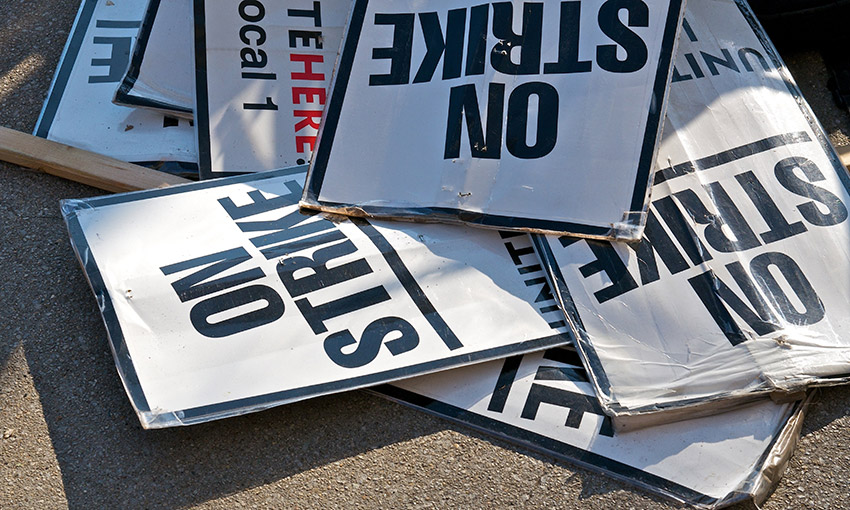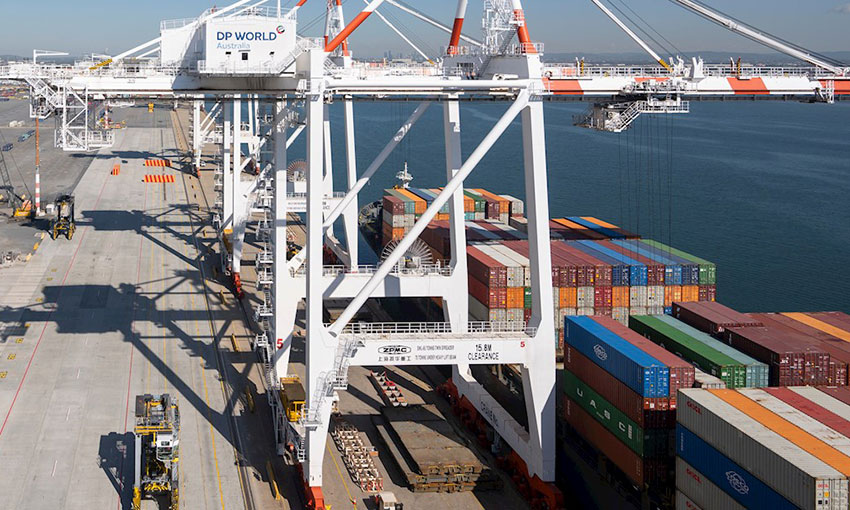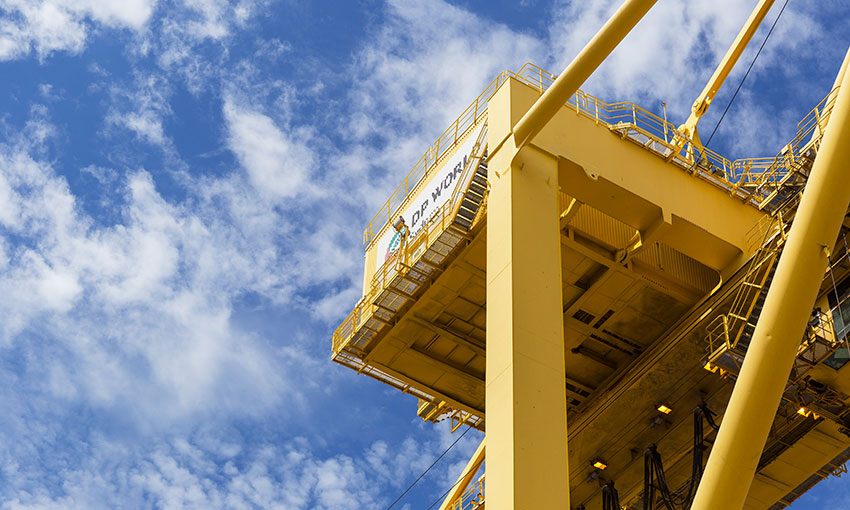THE Maritime Union of Australia on Monday gave notice of rolling work stoppages at Patrick’s Melbourne terminal.
The stoppages are scheduled to begin on Monday 1 November and continue on the following Wednesday and Friday, with the same schedule the following week. Every one of these days there are 12 hours of work stoppages scheduled: a stoppage of four hours starting at 0300 and a stoppage of eight hours starting at 1100.
Also for the Melbourne workforce, the union is also putting bans on working overtime during weekdays from 1 November through the morning of 13 November. There are also several days of bans on attending work when an employee is rostered as “off/avail”.
The union had suspended strikes at Melbourne this month after COVID cases put almost a third of the workforce into isolation. The company said its Melbourne terminal is currently operating with a four-day delay due to the COVID cases and close-contact isolation requirements.
And, at the Patrick AutoStrad Terminal at Sydney, the union announced a 24-hour work stoppage starting at 0600 on Tuesday 2 November, Melbourne Cup Day. The union has previously announced a 24-hour work stoppage at the Brisbane terminal on 31 October.
A statement from Patrick called the strikes “aggressive” and said the company had been negotiating with the union since February. It said the two sides had held more than 70 meetings in search of a new enterprise agreement, while the union has launched more than 220 industrial action notifications over the negotiation period.
Patrick Terminals CEO Michael Jovicic said the company had requested several times that the union bargain without continuing the “economically damaging” industrial action.
“Now issuing 19 new industrial notifications of rolling 12-hour strike actions every Monday, Wednesday and Friday in the coming fortnight at our already struggling Melbourne terminal is frankly bewildering. Our terminal is still working to recover from reduced labour availability due to recent COVID-19 cases and this industrial action will result in significant delays,” Mr Jovicic said.
“Every Australian will feel the impact on the retail shelves across the next two months due to this selfish behaviour of the MUA. We call on the MUA once again to accept the generous offer on the table and move forward with just getting back to work.”
MUA national secretary Jamie Newlyn said, “It appears that Patrick prefers to negotiate through the media rather than with its employees”.
“Not once have they reached out to negotiate with the union other than to say their offer is on a ‘take it or leave it’ basis,” he said.
Mr Newlyn said the union is continuing with its protected industrial action campaign in the hope that it will “encourage Patrick back to the negotiating table”.
“There are important elements that Patrick employees want resolved that revolve around job security in an increasingly automated world,” he said.
“Patrick are more interested in vilifying their own workers than negotiating, leading to a poor work-place culture. This can be over-come with better engagement and a return to the negotiating table.”
Across Patrick’s four terminals in Australia, wharfies work an average of 179 days and are paid an average of $160,879.
Meanwhile, according to the Australian Bureau of Statistics, over 2017-18, the median income for an employee here is $50,861 per year. And, if we assume the average employee does not work weekends, takes seven public holidays per year and has 20 days of annual leave, they work 233 days per year.
Therefore, an average Australian employee works 26% more days than a wharfie but is paid roughly 104% less than the average Patrick wharfie.
Shipping Australia CEO Melwyn Noronha said, the union is intervening to “wreck the holidays for Australians in pursuit of its own selfish agenda”.
“This is not about workers’ rights; wharfies are very highly paid, and they get far more leave than most workers,” Mr Noronha said.
“Australia is plagued with ongoing industrial action. It seems that as soon as one stops, another starts. Ultimately, this hurts the Australian economy, which means it hurts everyday Australians.”
Mr Noronha said there need to be some controls so waterfront disputes are sensibly resolved in a speedy timeframe.
“It’s about time that there is a sustainable solution to these frequent, repeated and ongoing disputes on the waterfront,” he said.

